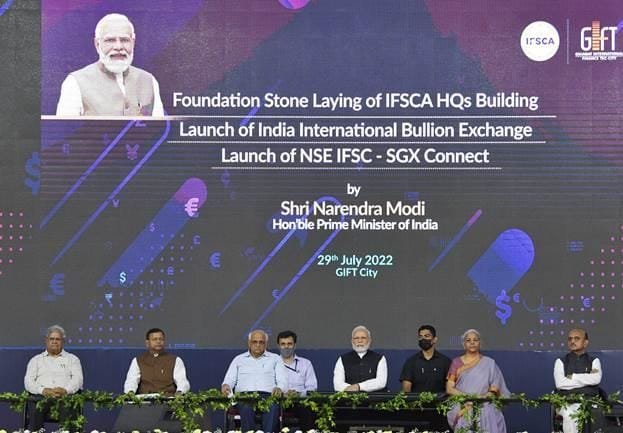Govt+SBI to inject capital
S&P Global Ratings believes that a quick resolution of Yes Bank’s insolvency will keep the Indian bank-sector contagion at bay, though it poses pain for investors in bank hybrid securities.
“As credit markets tighten, we also see a possibility of wider economic pain in the country,” said S&P in a report on 9 Mar 2020.
The government is working with the State Bank of India (SBI) to inject capital into Yes Bank Ltd, a troubled private-sector bank with 1.8% of the country’s bank deposits (as of 31 March 2019), noted the rating agency.
The government had earlier put Yes Bank under moratorium restricting the bank’s operations, and capping deposit withdrawals at Rs.50,000. This gives the government time to rescue the weak lender.
As per the draft reconstruction scheme, SBI will infuse capital into the bank and acquire up to a 49% stake.
“We view the Indian government as highly supportive of the banking sector. The Indian government has consistently supported weak commercial banks by promoting the merger of distressed institutions with stronger lenders.”
The government has historically not allowed commercial banks to fail and has in the past swiftly stepped in to address trouble.
The current weak economic and high-fear global investment environment has prompted the government to support the recovery of Yes Bank, believes S&P.
However, in better times, S&P believe the government would think twicabe out pushing such a package for relatively small banks.
SBI will own a minimum of 26% of Yes Bank for the next three years. SBI’s ownership should give confidence to depositors and lenders about the bank’s solvency.
S&P expects the risk premiums for additional Tier 1 (AT1) instruments of private sector banks in India to spike in the aftermath of the Yes Bank bailout.
As per the proposed draft reconstruction scheme, Yes Bank’s AT1s will be entirely and permanently written down. The write-off of AT1s is in line with out view that these instruments will absorb losses at private sector banks, unlike public sector banks.
The AT1s, a hybrid instrument designed to protect banks during distress, will absorb the maximum loss. This may increase the risk premium on all Indian bank sector Tier 2 subordinated bonds, the rating agency pointed out.
In our opinion, any delay in, or uncertainty about, the implementation of the resolution plan may roil markets. News reports suggest that AT1 investors may take legal action, which may delay the resolution plan.
The events follow Yes Bank’s failure to raise capital to address loan losses, sparking a withdrawal of deposits.
India’s central bank has highlighted serious governance issues at Yes Bank, lapses that have contributed to the institution’s steady decline in recent years.
India’s financial sector broadly needs to raise governance standards and restore trust, according to S&P. fiinews.com









